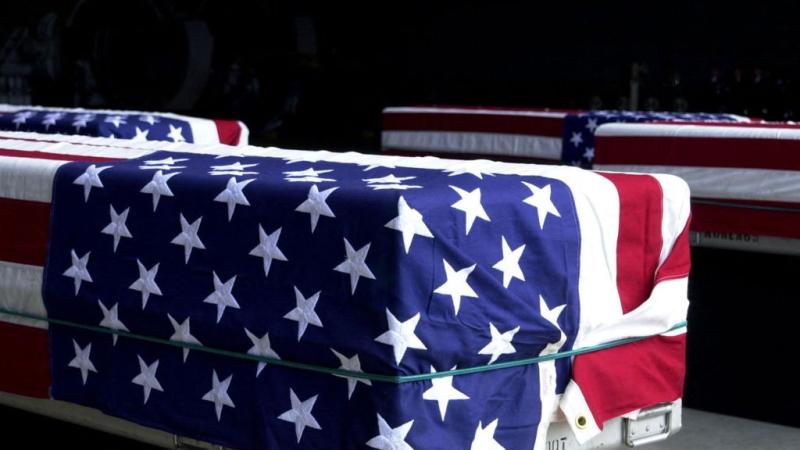DeVos's new Title IX rules emphasize due process and formal mediation
The new Title IX rules and regulations have been a longtime in the works from the Secretary of Education and are the follow up to her overhaul of the Obama era policies in 2017
Education Secretary Betsy DeVos on Wednesday released the final set of rules and regulations for how public and private schools and colleges navigate allegations of sexual misconduct. The final guidelines put an emphasis on due process and the rights of the accused.
DeVos’s goal, broadly, was to overhaul the elements of Title IX that leave legal standards during disciplinary hearings primarily up to schools.
An earlier version of DeVos’s proposal was criticized for potentially harming the victims of assault and harassment, and consequently was modified to mitigate that concern.
For instance, DeVos’s initial proposal would have allowed students to cross-examine one another, which now will be limited to advisers and lawyers of the involved parties.
Included in the changes to the rules and regulations are a narrowed definition of sexual harassment and a requirement that colleges conduct live hearings, during which alleged victims and accused perpetrators are allowed to be cross-examined.
The Education Department maintains the Supreme Court’s definition of harassment – “unwelcome conduct that is so severe, pervasive and objectively offensive” – that a person subjected to it would essentially be unable to access the education or activity they were at the school to experience.
The rules mandate that schools should dismiss complaints that do not meet the definition of sexual harassment.
The rules also strengthen the bureaucratic process by which a complaint is brought, making it so that schools are required only to investigate cases reported through formal channels.
Schools will retain the option to choose which evidentiary standard they use in trying a case – “preponderance of evidence,” or “clear and convincing evidence.”
“Too many students have lost access to their education because their school inadequately responded when a student filed a complaint of sexual harassment or sexual assault," DeVos said in a statement. "This new regulation requires schools to act in meaningful ways to support survivors of sexual misconduct, without sacrificing important safeguards to ensure a fair and transparent process.”
In 2011, the Obama administration issued the “Dear Colleague” letter, which they followed up in 2014 with a document that held educational institutions accountable for instances of harassment or assault of which they were aware, or “reasonably should” have known about.
The document discouraged cross-examination and mediation between accusers and the accused, and requested that schools adopt the “preponderance of evidence” standard.
The new rules allow students to resolve cases through mediation, though cases involving staff and students may not be resolved in that manner.
The actions of the Obama administration led to a dozen high-profile investigations of institutions of higher education, which carried with them the threat of losing federal funding should the schools not comply with the administration’s standard of behavior.
DeVos felt the Obama-era guidelines favored accusers and left them with few options to defend themselves following accusations of wrongdoing.
Also included in DeVos’s rules are protections for students who make complaints that do not result in favorable outcomes for them. There are also provisions cautioning schools against disciplining students for illicit actions revealed during Title IX investigations, underage drinking, drug consumption and the like.
















